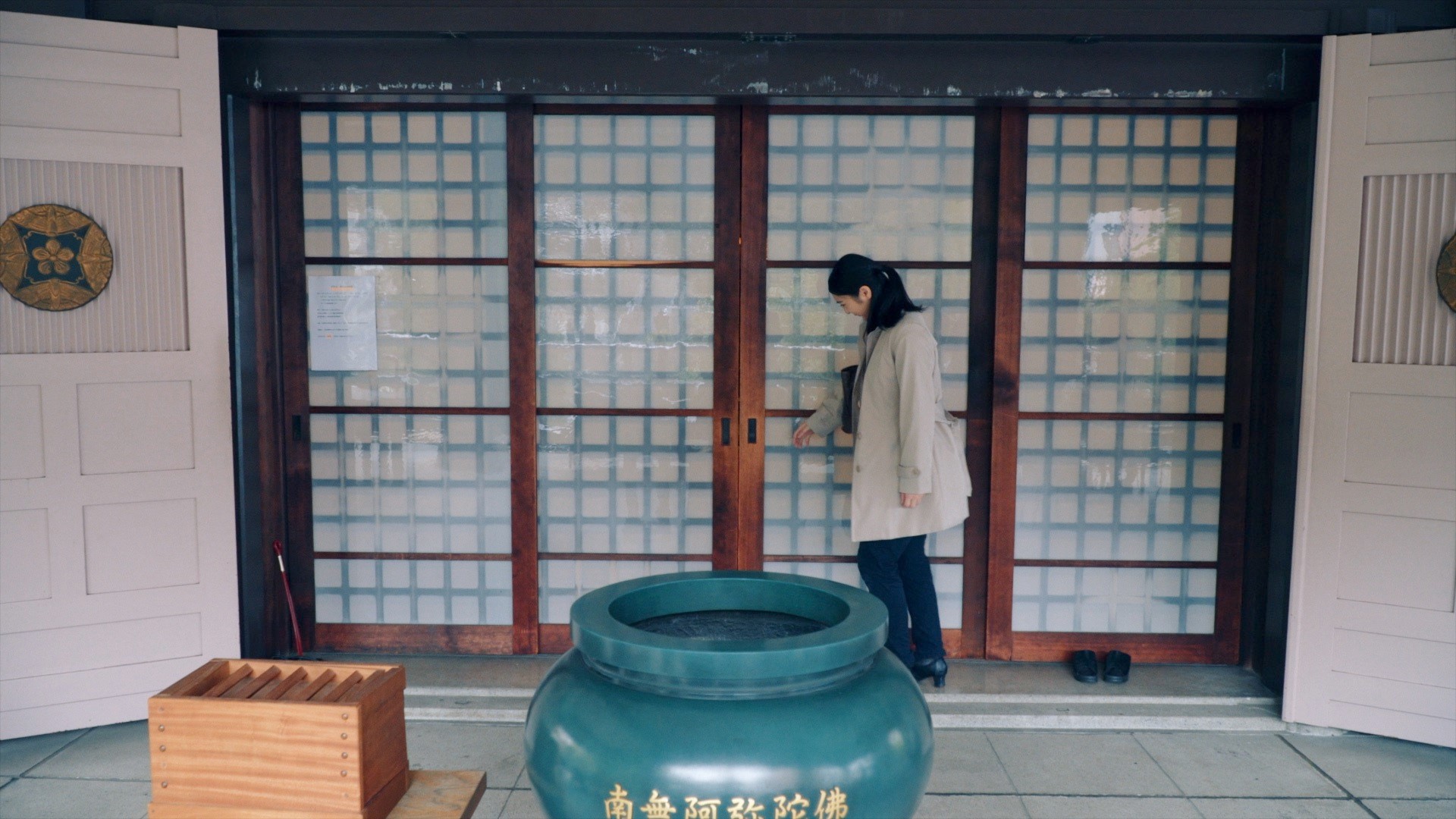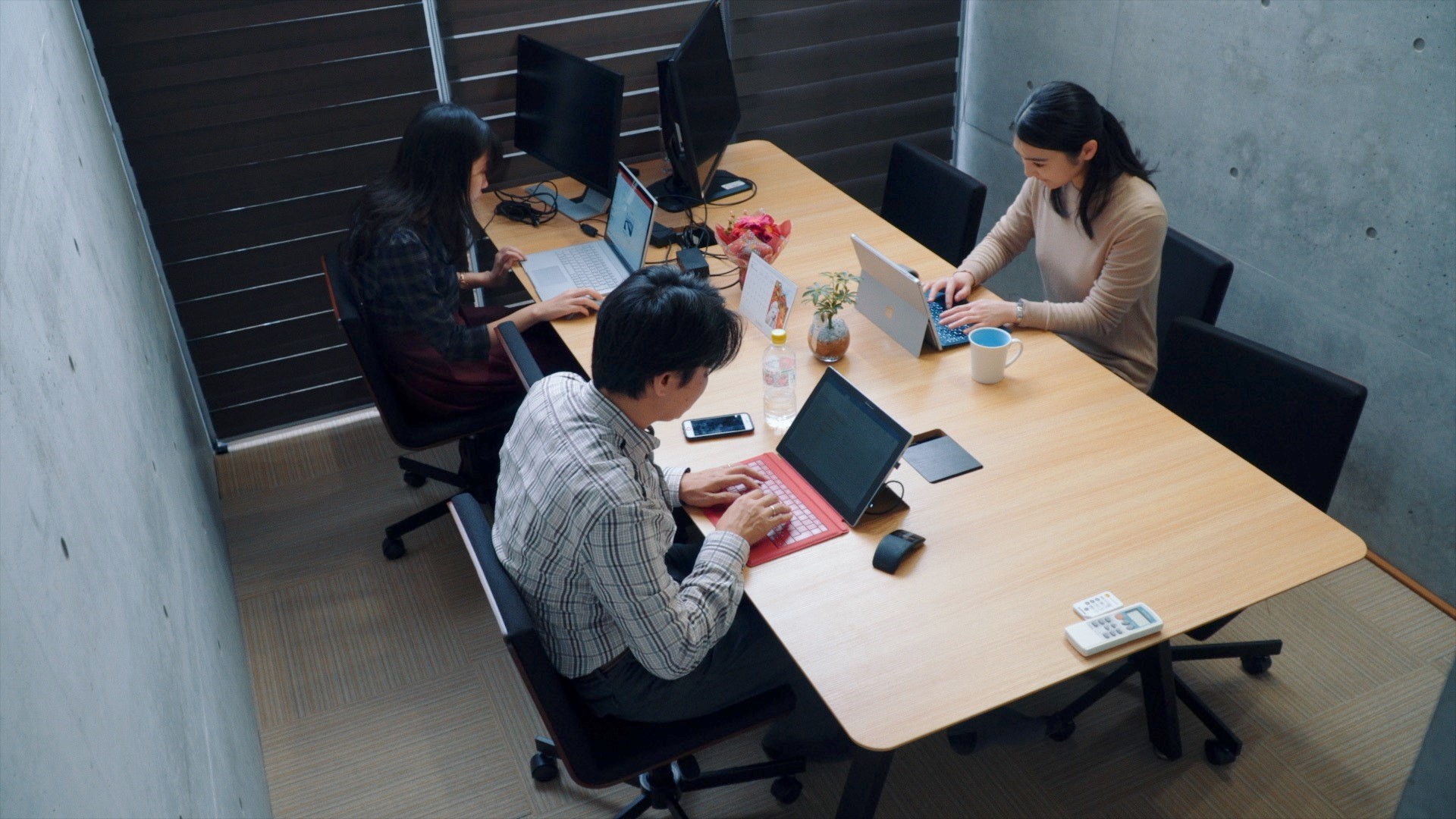
Working for a change: Breaking free from the traditional work culture in Japan
Michiyo Arai is like many young Japanese women today. She believes flexible working patterns can help her move along a viable career path. But she is also anxious about job hunting in a country where practices, like teleworking, are relatively new.
Last year, the 28-year-old enrolled in a basic programming course that included a telework internship. It was with a company that supports “Youth UP”. Also known as the “Utilizing IT to Support the Employment of Youth”, this project is conducted by a Tokyo non-profit organization, SODATEAGE-NET with the cooperation of Microsoft Japan.
After taking on more courses to improve her computer skills, Arai was hired by an IT-related company in Chiba City, outside of Tokyo.
Her telework internship was based on using Skype. This remote experience, she recalls, gave her confidence.
“While taking part in it, they would tell me, ‘Let’s get through this together one step at a time.’ Instead of having to come face-to-face with someone, Skype acted like a buffer and helped me relax,” Arai said.
Expanding the window of employment opportunities
Telework uses information and communications technology so employees can work flexibly, without limitations on time and location. The Japanese government has recognized the value of that and has included it in its work-style reform program.
Aiming to broaden youth’s working styles, the “Youth UP” project provides “telework internship” opportunities using Skype and cloud services with the aim of giving job seekers much needed digital skills.
SODATEAGE-NET President Kei Kudo said the organization found that nearly 70% of the 15 to 39-year-olds that SODATEAGE-NET supports couldn’t use Word and Excel “at all.” Meanwhile, there are very few job postings that don’t require Word and Excel skills.
“Companies assume that most people can operate a computer and use Word and Excel, but there are individuals who never had the opportunity to use them. There is a gap between what companies assume a person can do and what that person can actually do,” Kudo points out.
Official statistics show that approximately 600,000 young people are unemployed in Japan. To tackle this, the government’s new work-style reforms require companies to adopt flexible working practices and better working environments. The wider aim is to create a society in which more women and youth actively join the labor market.

“Youth UP” is born
“Youth UP” project was launched in response to this situation. Under it, Microsoft sends instructors to nonprofit organizations where they help people build their IT skills and provide training for support group staff so they can become IT instructors themselves.
This is a sustainable system, in which the support group will have the necessary know-how to conduct lectures even after the project ends.
Less than two years after the project’s launch, 41 nonprofit organizations have joined across Japan. In addition to taking part in the project, SODATEAGE-NET, based in Tachikawa City in Tokyo, also acts as the organizer, and similar efforts are now being conducted on a nationwide scale.
Through telework internships, interns communicate with their employers through Skype, without having to physically visit the company, wherever it might be.
In Arai’s case, she used a computer at a community center she used to visit for career counseling.
This system is also advantageous for companies that participate in the project. Welcoming a telework intern is easier for a company than accommodating new in-office staff: the only requirements, for both the intern and the company, are internet access and fostering a mutual relationship of trust, bit by bit.
Arai’s internship only lasted for four days, but she was able to gain confidence after completing a given task. It also made her realize what other skills she needed.

Chartering a new course
Since “Youth UP” was launched, more than 50,000 people have taken the training program. The average employment rate of the trainees has reached 43 percent, exceeding the initial target of 30 percent.
This spring, Japan’s Ministry of Health, Labor and Welfare took over the “Youth UP” project’s IT basic training program to continue it. This move is deemed a rare endorsement of a private-sector project achieving significant results and outgrowing itself to be continued as a government project.
Arai is now undergoing training at her new company and is studying more about computer science as a way of building her career.
To read more about Microsoft Philanthropies’ work to build future-ready generations in Asia, click here.













